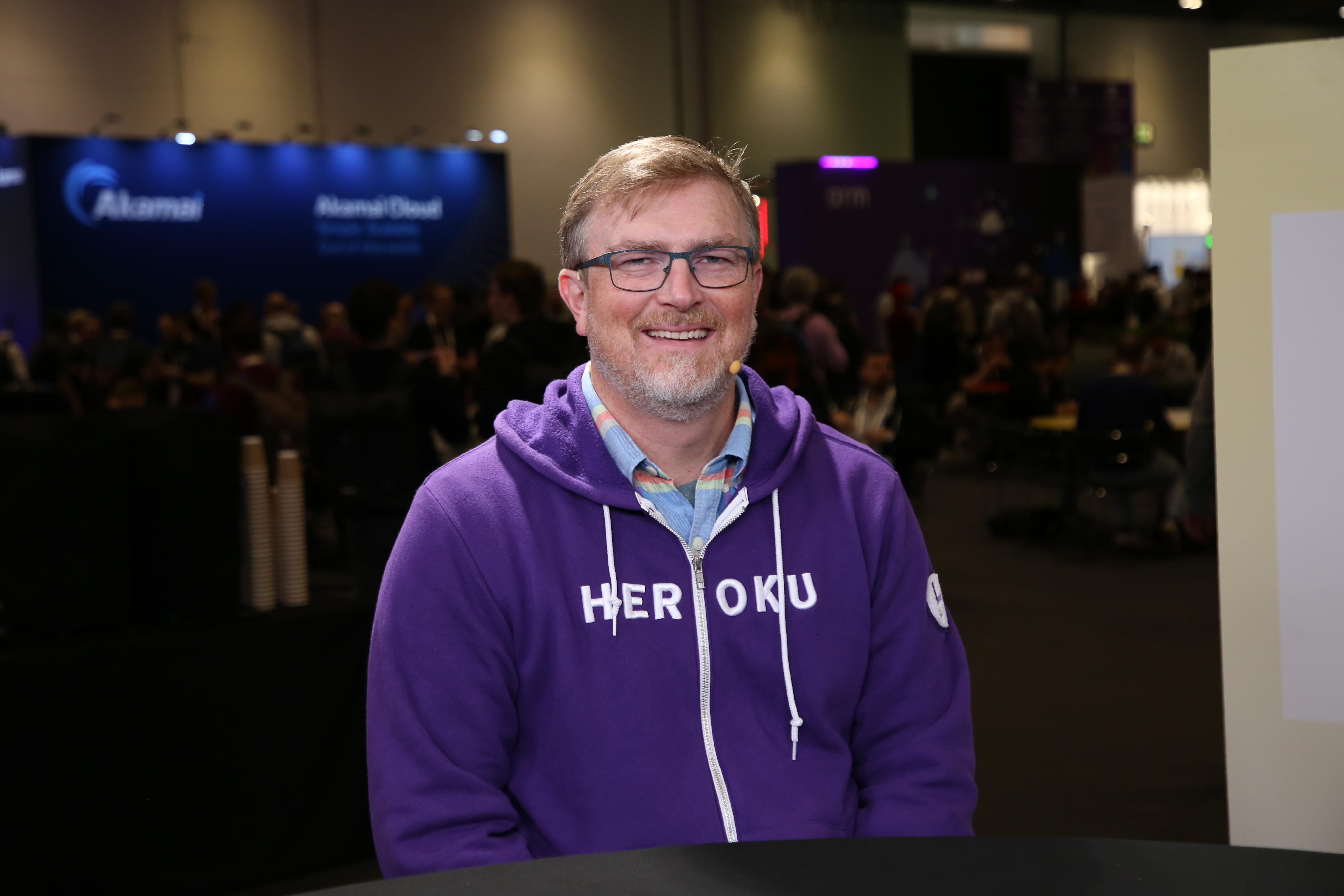Kubernetes development is accelerating the transformation of how businesses build and scale applications in an artificial intelligence-driven, cloud-native world.
As organizations push to simplify complex infrastructure and empower broader teams, Kubernetes stands at the center of this evolution, bridging the gap between seasoned developers and emerging creators. With a growing focus on seamless user experiences, fortified security and scalable platforms, the technology is driving a new era of accessibility in application development, according to Vish Abrams (pictured), chief architect of Heroku at Salesforce Inc.
Salesforce’s Vish Abrams discusses Kubernetes development with theCUBE.
“We’ve been working for the past few years on what we’re calling our next gen platform, which is essentially taking our existing awesome developer experience and porting it onto Kubernetes on the back end,” Abrams explained. “That’s something that we’ve been working on and it felt like since that’s such a relevant piece of this cloud-native landscape, that we should really start participating publicly in the community and talking about it.”
Abrams spoke with theCUBE’s Savannah Peterson and Paul Nashawaty at KubeCon + CloudNativeCon Europe, during an exclusive broadcast on theCUBE, News Media’s livestreaming studio. They discussed how Kubernetes development is empowering more people to build and scale applications in a rapidly evolving, AI-driven landscape. (* Disclosure below.)
Kubernetes development is opening new doors for builders
The evolution of Heroku’s platform reflects a broader industry momentum toward embracing Kubernetes as a flexible foundation for modern applications. Companies are recognizing the potential of Kubernetes to handle backend complexity while keeping the front-end developer experience intuitive and accessible. This approach allows development teams to focus on innovation instead of platform maintenance, freeing valuable resources, according to Abrams.
“We were doing platform-as-a-service before Docker, before Kubernetes, before containers were even a thing,” he said. “The amazing thing is all of these wonderful technologies, Kubernetes, OpenTelemetry, Cloud Native Buildpacks have really come to the forefront and made all of those underlying layers so much easier to build.”
By integrating Kubernetes into its architecture, Heroku aims to merge the power of modern infrastructure with its heritage of user-friendly development environments. This strategy not only supports experienced coders but also opens doors for generalists and new creators across organizations. The future is one where intuitive platforms allow anyone with an idea to build functional applications rapidly, Abrams suggested.
“I think the thing that Heroku is known for is making it super easy to take your code and just get it out into production,” he added. “This question about are we still going to have coders? Is this going to happen? Well, if you think about it, your administrators, your product people, everybody’s going to be able to build applications now.”
This democratization of development tools is crucial as AI capabilities expand, creating a new class of creators who can harness the power of advanced platforms without needing deep technical expertise. Abrams shared an anecdote that illustrates this shift perfectly — his wife, using AI tools, built her own application for analyzing real estate. It’s a clear example of how accessible development experiences are unlocking creativity and problem-solving across industries.
“I would like to be able to say that the new set of people that are just figuring out about vibe coding, this is a new thing,” he said. “That class of people that are now building applications, I would love to be able to say all of those people are deploying their applications on Heroku. There is an easy path for this new wave of builders to have a place to deploy. That’s my dream.”
Here’s the complete video interview, part of News’s and theCUBE’s coverage of KubeCon + CloudNativeCon Europe:
(* Disclosure: Salesforce Inc. sponsored this segment of theCUBE. Neither Salesforce nor other sponsors have editorial control over content on theCUBE or News.)
Photo: News
Your vote of support is important to us and it helps us keep the content FREE.
One click below supports our mission to provide free, deep, and relevant content.
Join our community on YouTube
Join the community that includes more than 15,000 #CubeAlumni experts, including Amazon.com CEO Andy Jassy, Dell Technologies founder and CEO Michael Dell, Intel CEO Pat Gelsinger, and many more luminaries and experts.
THANK YOU










